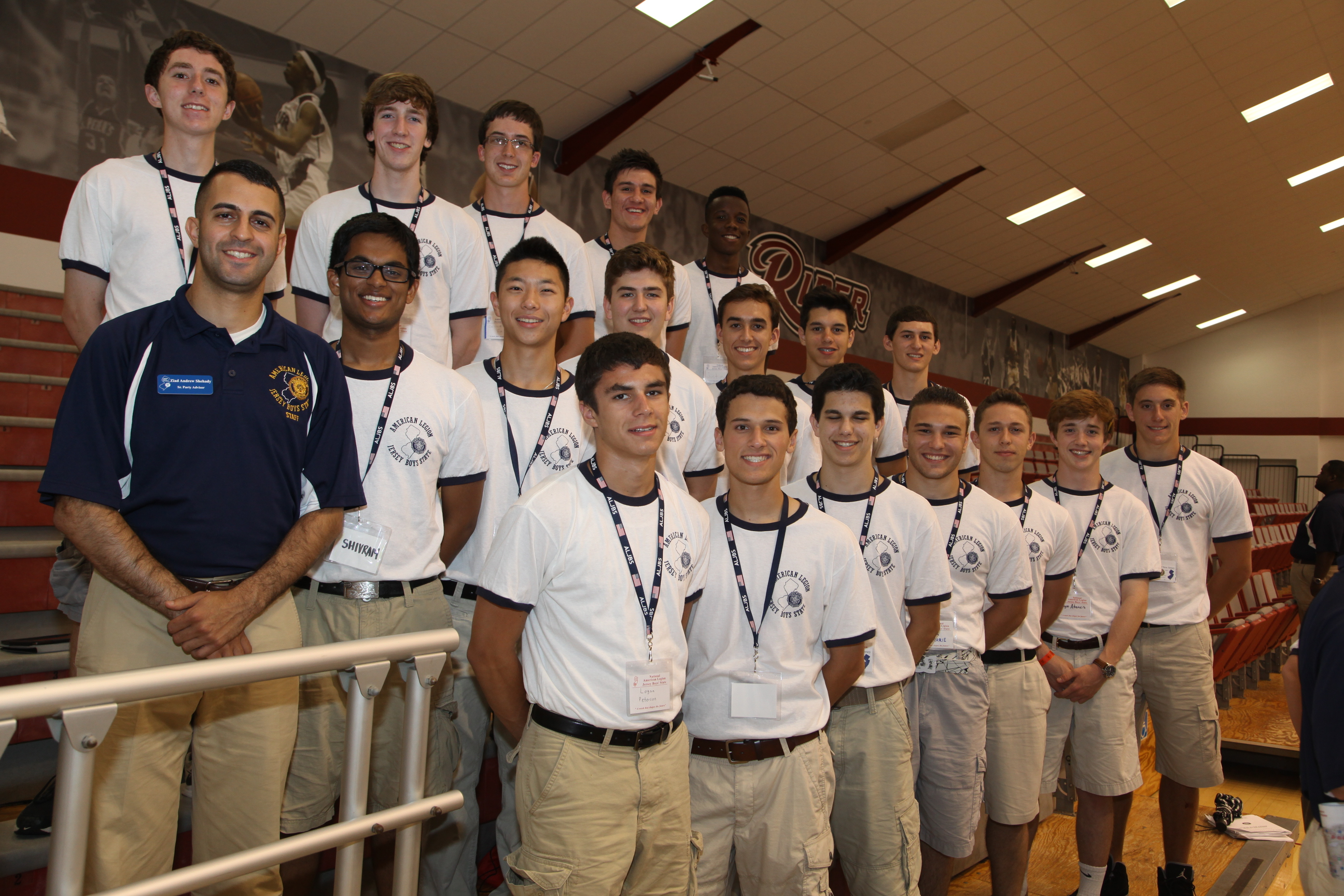News Archive

Our world is facing many crises but we have been assured that the crisis of leadership is the most severe. All other crises can be addressed if there is enough strong, visionary leadership, but none can be found. Instead, "leadership vacuums" exist all around us.
A Google search reveals leadership vacuums in Proctor & Gamble, the White House, the Republicans after Mitt Romney's loss, Australian cricket, Africa, higher education, law firms, public diplomacy, church ministry, and Egypt (actual headline: "leadership vacuum, not locusts, is Egypt's greatest plague"). Incredible advances in science and technology have done nothing to help remedy this. Psychology and sociology appear incapable of giving us a firm answer. In 2013, despite all our knowledge, we still can't fix this worldwide epidemic.
you want to help fix this problem, there are a number of possible solutions. A few vacation days and $2,000 buys a leadership training course from a handful of companies. If you don't have that much money to spare, you can still pick up one of the bestselling leadership books from people like NBA coach Phil Jackson, former Secretary of Defense Donald Rumsfeld, leadership guru John Maxwell, and many, many more. Each of these books comes with a full set of precise, ironclad examples detailing why their model is superior to all others.
This, of course, is quite ridiculous, but the industry of leadership continues to rise as the idea of widespread leadership vacuums continues. Although we all know that leadership is not a science, we fail to recognize that it has become a commodity. It is now bought and sold as a business. And as this happens, we get further and further away from what it actually is: establishing goals, working with people, and solving problems. This is what a leader does, in its most elemental form.
Perhaps this is why we often think of politicians as leaders. Because politics in its barest form is about making decisions and building consensus in the public eye, it provides an easy example to study. At Boys State, where the distance between us and politics shrinks to human-size levels, our study is even easier. We see leaders in action throughout the week—and not just our speakers. Staff members are reassigned each year so they can observe other staff members' styles and learn from their experiences. For the second consecutive year, we are very honored to have ten Marines serving on staff, and they have provided a different perspective than what we are accustomed to. Finally, there's the delegates, who select their own leaders, pass legislation, and learn to take charge of their own projects.
Today, we elected 18 sets of mayors and city council members. This raises an interesting question: how do the delegates determine who would be good leaders? After all, these elections take place less than 24 hours after the delegates have arrived on campus and met each other. They've just been through a long day of assemblies and meetings. Yet here they are, at 9:00 AM, deciding who will be their chieftains.
There are lots of ways to evaluate candidates. The 1960 Kennedy-Nixon debate demonstrated the power of appearance and media in shaping perception. Then there are the standard political breakdowns: party, race, socioeconomic status, religion, affiliations and interests. We are often drawn to people who think and act like ourselves, so we tend to choose leaders along these lines as well. If we still haven't made up our mind, we often use a heuristic, a rule of thumb, that conflates an observable trait with unseen leadership capabilities.
This might sound alarming but it's as true at Boys State as it is in real life. There's just not much information to draw from. As a delegate, the most you've heard from half these people is a thirty-second introduction at the beginning of the very first meeting. You'd be lucky to know their name, let alone any information about their skills. You don't even know the full responsibilities of the position you're voting for. And somehow you're supposed to make an informed decision. How on earth do you do that?
I don't know exactly how it happens but most cities actually do select decent leaders. Most cities elect at least one council member or mayor who doesn't do as much as they probably should but the vast majority of elected city officials care about their job and do it well. There's not a lot of cities that have truly bad leadership. I'm not sure if this is a testimony to the quality of the delegates who run for office or to the quality of the delegates who assess candidates' leadership skills but I'm grateful for it.
If you watched some of the candidates give their speeches today, you might lean towards the quality of assessment rather than the candidates. One candidate admitted to being more nervous about the election than about his AP exams. Others thundered out campaign slogans with exaggerated bravado as they tried to enliven a crowd. They might not be good campaigners but most candidates will impress you with their dedication and growth throughout the week. The city and county manuals will get done. The city will become increasingly self-sustaining as it follows its mayor. They'll get there…eventually.
They're not there now, and that's fine. It's Day 2 of 6. We have a lot ahead of us. Today, the mayors and council members will have a couple training sessions, learn how to create a city budget, and begin to appoint city officials. It's small-scale nation-building and the first step is the city election. The road to graduation will have many more of these steps, often imperceptible, as we watch our leaders establish goals, work with people, and make decisions.


